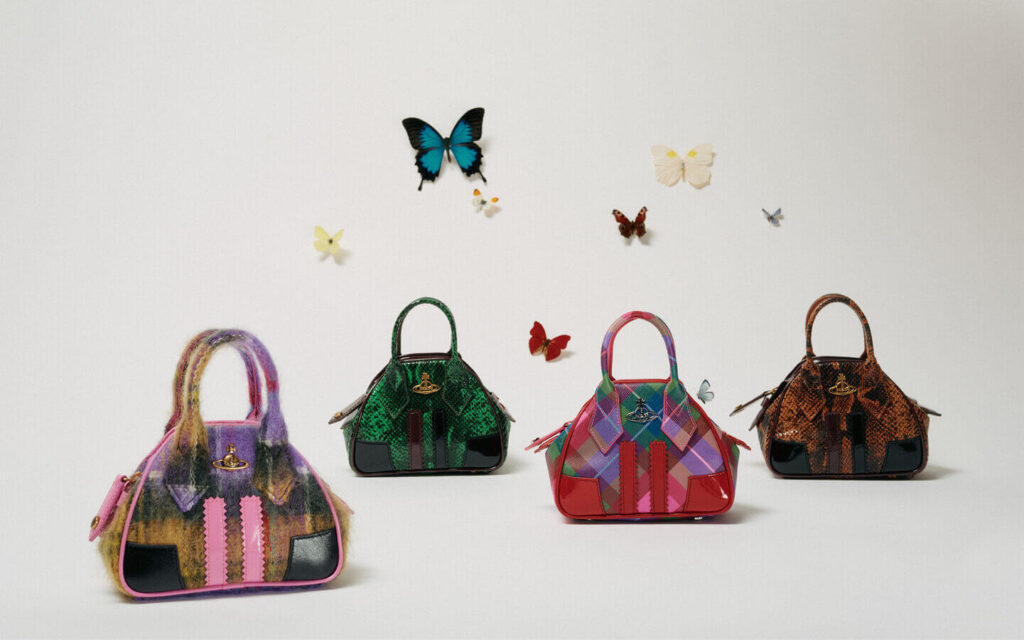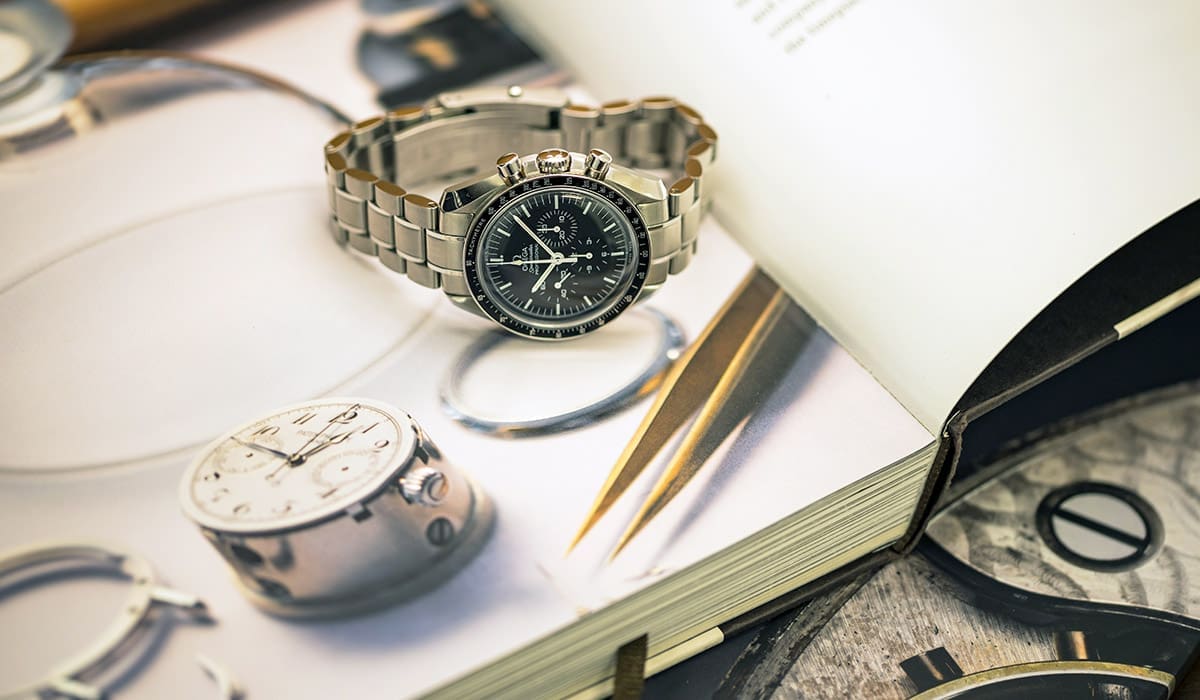You may have heard of the “Mercury 13,” but what really happened with the women who wanted to be the first female astronauts?
In her new book, “Fighting for Space: Two Pilots and Their Historic Battle for Female Spaceflight” (Grand Central Publishing, 2021), author and spaceflight historian Amy Shira Teitel delivers a dual biography that peels back decades of history to reveal the true stories of Jerrie Cobb and Jacqueline “Jackie” Cochran, two women who fought to become America’s first female astronauts.
Cochran was a record-setting pilot who was the first woman to break the sound barrier who was close friends with Amelia Earhart and even ran her own cosmetics company; Cobb, meanwhile, was 25 years younger, also setting records as a pilot and taking astronaut medical tests.
Related: The Mercury 13: The women who could have been NASA’s first female astronauts
Editors Choice

Fighting for Space (Grand Central Publishing 2021). $30 at Amazon.
Space historian and author Amy Shira Teitel discusses the history of female astronauts and the women who led the way to space.VIEW DEAL ON
Their stories revolve around the famed story of the “Mercury 13,” a name given to 13 women who, during the time t
hat NASA was developing its Mercury program’s seven first-ever astronauts in the mid-20th century, underwent the same medical testing as NASA’s trainee astronauts. These tests were conducted by NASA physician Randy Lovelace, who designed and conducted the tests for NASA’s budding astronauts as well.
In “Fighting for Space,” Teitel washes away the glamorized tales of the Mercury 13 and tells the story of what really happened, using historical documents like notes handwritten by the women themselves. She also reveals the true story of Cochran, who is often labeled a “villain,” as she testified against the idea of a women in space program in a subcommittee hearing that eventually led to the end of the “Mercury 13.”
Space.com sat down with Teitel to talk about writing the book; this interview has been edited for length and clarity. You can find the book on Amazon here.

Space.com: What inspired you to highlight this time in history?
Amy Shira Teitel: I feel like the story of the quote-unquote “Mercury 13” gets picked up fairly regularly, like every five to six years someone hears about it [and] gets really excited about this amazing story of these 13 qualified women who are kept out of spaceflight purely because of their gender. And the more I read into the story … I was like, this doesn’t really add up. It wasn’t as simple as just gender.
The villain of Jackie Cochran didn’t make any sense. Like, who is this woman who’s the most decorated pilot of the 20th century who just for no apparent reason, fights against women’s inclusion in the astronaut program at the time? There’s something missing. She’s like a Disney villain with no backstory. So when I started kind of going into the NASA side of things and understanding what the space agency was doing at the time and what Jackie’s role was, I was like, “Oh,” because the story has been told wrong every time.
I really want to kind of take the story in a different direction to … it sounds bad, but make it not the feminist epic people want it to be, but make it the human story that it is. And show [that] it’s a flawed, messy story because guess what, humans are flawed and messy. And history is never just a neat, nice story.
Related: Space History Photo: Jerrie Cobb Poses beside Mercury Capsule



Space.com: What are some of the biggest misconceptions about the Mercury 13?
Teitel: I feel like the biggest misconception is the fact that it existed. Because everyone wants it to be that the Mercury 13 was this group like the Mercury 7, that [it] was like a firm unit, that they were training, they were doing all this stuff together. And none of that was true. Even the name “Mercury 13,” was conceived of by a Hollywood producer in the ’90s … because it sounds great. They were never a group.
I found all of these letters that the women wrote to each other and wrote to Jackie, to Jerrie. They each had different ideas and different understandings of what the program even was … [they] didn’t really think it was anything more than just some medical tests.
Trying to put it all together … this is such a more complicated and more nuanced story. Being able to hear from the women themselves, be it through an interview done at the time, news or articles [or] letters, being able to let them speak for themselves [with these documents] was kind of the best part about it.
They weren’t qualified because qualifications at the time were very strict … [NASA] wasn’t discriminating against women, it was discriminating against like 99.9% of the population. You got to remember that at the time, no one knew what’s going to happen in space. So [NASA thought] let’s give the best shot to who will die the least. And test pilots were the closest Earthly job they thought of to being an astronaut, and that that excluded women, and that’s a product of its time, that’s not a product of NASA not considering women.
Related: What it’s like to become a NASA astronaut: 10 surprising facts
Space.com: Jackie Cochran is a larger-than-life legend, what was she really like?
Teitel: Her role in the typical retellings is very much the villain … everyone goes to this congressional subcommittee hearing where she testified that it was not the right time for women to join the astronaut corps. She was actually wanting to do a big testing program on women to gather all the data, because she also kind of understood that it wasn’t the right time for women because there was so much unknown. She also had worked within systems for ages; she knew this stuff.
Also, I think there was definitely an element that she and Jerrie did not get along, to quote Milhouse Van Houten [of the Simpsons], they were two positively charged ions. But Jackie’s story is amazing … when I started reading about her, I was like, “Why doen’t everybody know about this woman?”
She just made her life exactly what she wanted it to be.
She held more records than any pilot of the 20th century when she died in 1980; she was the first woman to fly faster than the speed of sound; she was the first woman in America to fly a jet; Chuck Yeager taught her because they were buds; she saved [President] Lyndon B. Johnson’s life one day; [President Dwight] Eisenhower was a close personal friend; she led the women’s Air Force service pilots in the second World War, she was the first woman to fly a bomber overseas; [she was the] first woman to win the Bendix Air Race alone [Bendix is a U.S. aeronautical racing trophy]; [she was] friends with Amelia Earhart.
Also, my favorite thing is that she also owned a cosmetics empire … [she] refused to compromise like “no, I can do I can fly these, like, insane planes and nearly die and also enjoy lipstick.” Because I feel like modern women are still told to choose between “you should be in science” or “you should be feminine.”
Having Jackie as this uncompromising, really rough, tough woman — for all of her flaws, I find her to be such an inspiring figure to have in there. And I just loved digging out all of the intricacies of her life. And her backstory … she lied about it in her own memoirs, because she said she was an orphan because she didn’t want to acknowledge that she had come from a rough past. She never revealed her real name, she just kind of chose her name for herself.
Space.com: What about Jerrie Cobb?
Teitel: The book is really a dual biography. It’s weighted to Jackie in the beginning, because Jackie is 25 years older, but as soon as Jerrie is 12, her narrative comes in and starts to kind of weave together.
I’ve become that person where when I see posts about how Jerrie Cobb was the “first qualified woman astronaut in the country” just sets my teeth on edge. She was not. And what Randy Lovelace was writing to other people … those two things did not line up. You start to see like, okay, Jerrie was a great pilot, she learned to fly, she pursued making flying her full-time vocation, and did it, which is very hard for a woman in the ’50s to become a professional pilot.
But she kind of bought into her own fame a little bit and really pushed that image. I don’t totally know how she ended up taking the astronaut tests at the Lovelace clinic, because the way she tells it, she met Randy Lovelace who invited her to do it, but the way some other people tell it in correspondences later on, she went and offered herself as a female volunteer. So it’s unclear. And no one knows because everyone involved is dead.
I put the speculation in the author’s note and then the epilogue at the end, but I kind of let her story speak because I wanted to be authentic to how she saw herself. But she took the medical tests and when Randy Lovelace announced that a woman took the medical tests that an astronaut did, and the media says, “There’s a woman astronaut,” Jerrie never went and said, “Oh, no, I didn’t. I’m not qualified.”
This is why the astronaut qualification part is an important part of the story … Jerrie had never flown a jet. So she’s going around like, “I’m just as qualified,” but no, you’re not, the base qualification is jet test pilot because of how fast things go. I want to let her story speak for itself, but give her a dose of reality.
At the end of the day, I do love that she believes so strongly in her own desire to do this, that she knocked on doors at NASA. And she took it all the way to Congress. I mean, that’s an admirable fight, even if she was not qualified … she really went for it. And you’ve got to admire that, you’ve really got to admire that.
Space.com: What really happened between Cobb and Cochran?
Teitel: They cross paths. I never wanted to force anything, obviously, because I’m writing history. [But] hey did naturally intersect … You have these natural points where they cross paths … you start to piece together when they’re in the same city. But you can see from Jackie’s itinerary notes that she did not attend Jerry’s events.
You have the letters of the two of them … and there’s references to them meeting before John Glenn’s flight, they’re actually both at the launch in 19TK. So there, they start over this issue of whether or not there was a women’s astronaut program, whether there should be a women’s astronaut program.
Jerrie’s in the media doing all this stuff. Jackie’s the foremost woman pilot in the country, so everyone’s going to her for answers. She’s also close personal friends with Randy Lovelace and her husband, Floyd Odom is bankrolling the foundation that is doing the medical tests. So nothing is happening that they don’t know about. And Jackie’s also paying for other women to do the medical testing.
So the two of them end up overlapping and talking over each other in a series of letters where neither of them are really hearing the other one … I’ve only found like a handful of moments where they actually were in the same place. And in some cases, they did not talk.
There are very strange photographs of them kind of
standing away from each other. Like, “this is fine, I’m fine.” And then they wrote letters following up explosive conversations over dinner. So their paths crossed, unwittingly, almost, it’s like they didn’t want to have to deal with each other in person. But they of course did.
Space.com: How do you think people who want to hold on to an idealized image of the Mercury 13 will deal with this telling of events? Because, while it didn’t happen like how some say, I don’t think that it takes away from the feminist narrative that these were incredible women.
Teitel: Putting this story within the context of reality is not meant to take away from that. If anything, I think it actually highlights just how much they were fighting up against to just do basic things, like have a job.
I’ve already seen a little bit of pushback from people who think it’s unfair to Jerrie to portray her like that. And I’m sitting there thinking like, well, she said it, not me, like the letters say this. So … There are a lot of people I think [who] are uncomfortable, because it does kind of break the image. And they want it to be that fairy tale where it’s like, women are amazing and kept out because of their gender. And that’s because that is very true today, that’s still a thing, we are still dealing with systemic sexism.
But it’s one of those things where I tried to write everything. There’s an extensive notes section so you can see where every single piece came from, to show people that the true story does have elements that are equally inspiring as the original story. I think people are uncomfortable with that. And I like kind of challenging you to say, “Well, why does it have to be perfect?”
They’re just people … no one ever wants to talk about the negative elements, but I liked bringing all that out to show how just normal and human it all is.
Space.com: If you could have readers take anything away from this book, what would that be?
Teitel: People have a difficult relationship with history … There’s a bit of that knee-jerk reaction to go completely the other way and say, “Well, we were super sexist than, so let’s talk about only women’s stuff now,” which to me … I find it’s just reinforcing women as “other.” Like, if you’re talking about the first woman astronaut to do “x,” it’s like or [you could just say] “outstanding pilot-turned-astronaut does job? “
Why are you leading with her biology? You never have, “Outstanding man does this,” men don’t lead with their biology.
One of the things I want people to take away from this, in addition to kind of just the inspiration of these incredible figures, is how much none of the women in this book are defined by their biology. They are women, and their femininity comes out in different ways, whether it’s through relationships, whether it’s through style, those elements are present because they’re present for them. But every one of them was a pilot first, or a writer first, because none of these women defined themselves by their biology. And I think we need to take our cues from them in writing about them. They don’t lead with it, don’t lead with it.
And I think that’s just a lesson that is equally applicable to women now. If the headline of the story of someone doing something is not their biology, don’t force that narrative on them, because then it just takes away from who they are and who they see themselves as authentically.
Email Chelsea Gohd at [email protected] or follow her on Twitter @chelsea_gohd. Follow us on Twitter @Spacedotcom and on Facebook.





More Stories
5 Tips For Launching a Blog to Highlight a Brand
Promotions – a holiday gift for shopper and retailer
10 Makeup Items I Reach For Everyday & Would Never Be Without – The Anna Edit